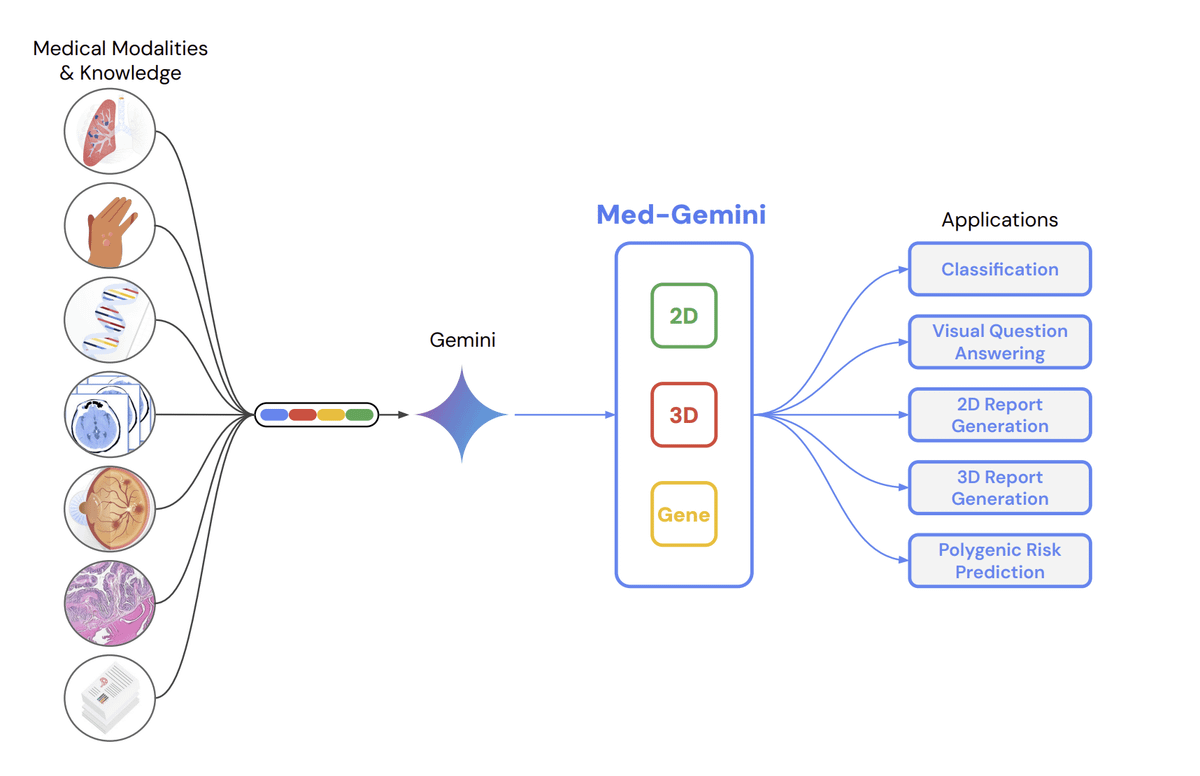On January 17th, 2024, Google DeepMind unveiled a groundbreaking advancement in the field of artificial intelligence: AlphaGeometry, a system capable of tackling complex geometry problems with remarkable finesse. This achievement marks a significant step forward in overcoming a longstanding challenge for AI – efficiently reasoning about spatial relationships and utilizing scarce data.
Unlike traditional AI approaches that primarily rely on numerical data, AlphaGeometry incorporates the power of natural language processing. This innovative approach allows the system to “read” and understand the problem statement and geometric figures, similar to how a human mathematician would approach it. By leveraging language data, AlphaGeometry can effectively learn from a smaller dataset, overcoming the hurdle of data scarcity inherent to many geometric problems.
This capability is no mere theoretical exercise. When tested on 30 challenging geometry problems from past International Mathematical Olympiads (IMO), a prestigious competition for high school students, AlphaGeometry successfully solved 25 within the allotted time limit. This performance surpasses previous state-of-the-art algorithms by a significant margin, demonstrating the system’s impressive problem-solving abilities.
The key to AlphaGeometry’s success lies in its hybrid architecture. It combines a neural language model, adept at understanding the textual descriptions and relationships within the problem, with a symbolic deduction engine, capable of manipulating geometric objects and generating formal proofs. This synergy allows the system to effectively “see” the problem both intuitively and logically, mimicking the thought processes of human mathematicians.
The implications of AlphaGeometry’s development extend far beyond mere problem-solving prowess. This breakthrough suggests that AI can effectively tackle domains traditionally considered challenging due to data scarcity and complex reasoning requirements. This opens doors for potential applications in various fields, including engineering, design, and scientific research. Imagine an AI architect using its spatial reasoning skills to optimize building designs, or a scientific AI analyzing complex data sets with a geometric lens, revealing hidden patterns and insights.
It is important to remember that AlphaGeometry is still under development. While its performance is impressive, it cannot yet fully replicate the nuanced and creative problem-solving abilities of human mathematicians. Further research and development are needed to refine the system and expand its capabilities.
Despite these limitations, AlphaGeometry stands as a remarkable testament to the advancements being made in the field of AI. By demonstrating the power of language data and innovative architecture, this system paves the way for a future where AI can delve into domains previously considered off-limits, leading to new discoveries and innovative solutions across various disciplines. The journey of AI’s geometric understanding has just begun, and AlphaGeometry marks a significant milestone on this exciting path.






Leave A Comment